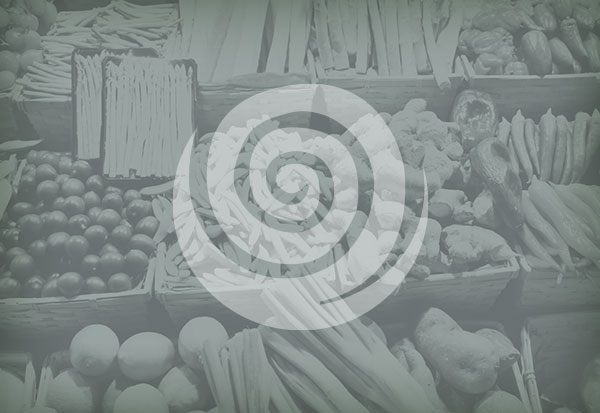Who Certifies Livestock Factories and Hydroponic Operations and What Does It Pay?
Cornucopia’s Take: Cornucopia has heard from organic farmers and businesses who have asked their certifiers for a moratorium on hydroponics and to identify fraudulent dairies and egg operations. Cornucopia’s infographic, A Perfect Picture of Corruption, shows an example of the some of these conflicts of interest. The organic food...


